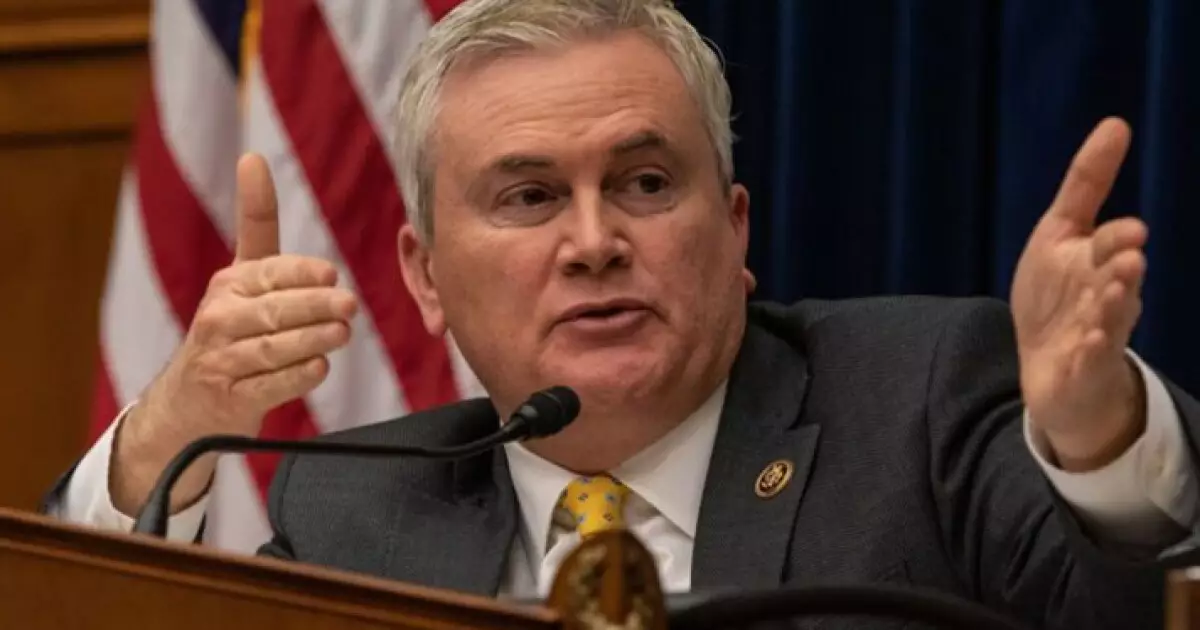Following the U.S. Supreme Court’s decision to overturn the Chevron doctrine, House Republican leaders have initiated a review of the Biden administration’s environmental, social, and governance agency regulations. Rep. Sam Graves and Rep. James Comer have reached out to key government officials, including Transportation Secretary Pete Buttigieg and EPA Administrator Michael Regan, requesting information on rules and decisions that may be affected by the court’s ruling in Loper Bright v. Raimondo.
The Biden administration has been criticized for promulgating numerous major rules that impose significant costs and paperwork burdens. Many of these rules are linked to President Biden’s climate, energy, and environment, social, and governance agendas, which are based on interpretations of statutes enacted many years ago. The letters sent to government officials highlight the concern that the administration’s aggressive rule-making may be impacted by the recent legal developments.
With the Chevron doctrine no longer in effect, federal courts will now bear more responsibility in interpreting ambiguous statutes. This shift in power has led experts to predict a surge in legal challenges against government regulations. The ruling is seen as a landmark separation of powers decision that could make it harder for government agencies to prevail in cases where their authority hinges on statutory interpretations.
Moody’s Investors Service has also weighed in on the implications of the Supreme Court’s ruling. The analysis suggests that the decision is likely to result in a rise in legal challenges, creating a period of uncertainty for regulatory agencies. The reversal of the Chevron doctrine may complicate the process of new rulemaking and could potentially weaken existing climate regulations.
Impact on Environmental Regulations
The Environmental Protection Agency (EPA) and other federal agencies will face limitations in addressing environmental issues under the new legal landscape. The EPA, in particular, has proposed several regulations aimed at tackling climate-related issues, such as greenhouse gas emissions and drinking water quality. However, with reduced agency power, the future of these regulations and initiatives remains uncertain.
Overall, the reversal of the Chevron doctrine has significant implications for government regulations and regulatory agencies. The move towards increased judicial scrutiny and decreased agency authority signals a shift in the balance of power in interpreting and enforcing laws. As legal challenges mount and uncertainties persist, the Biden administration and federal agencies will need to navigate a complex and evolving regulatory environment.

